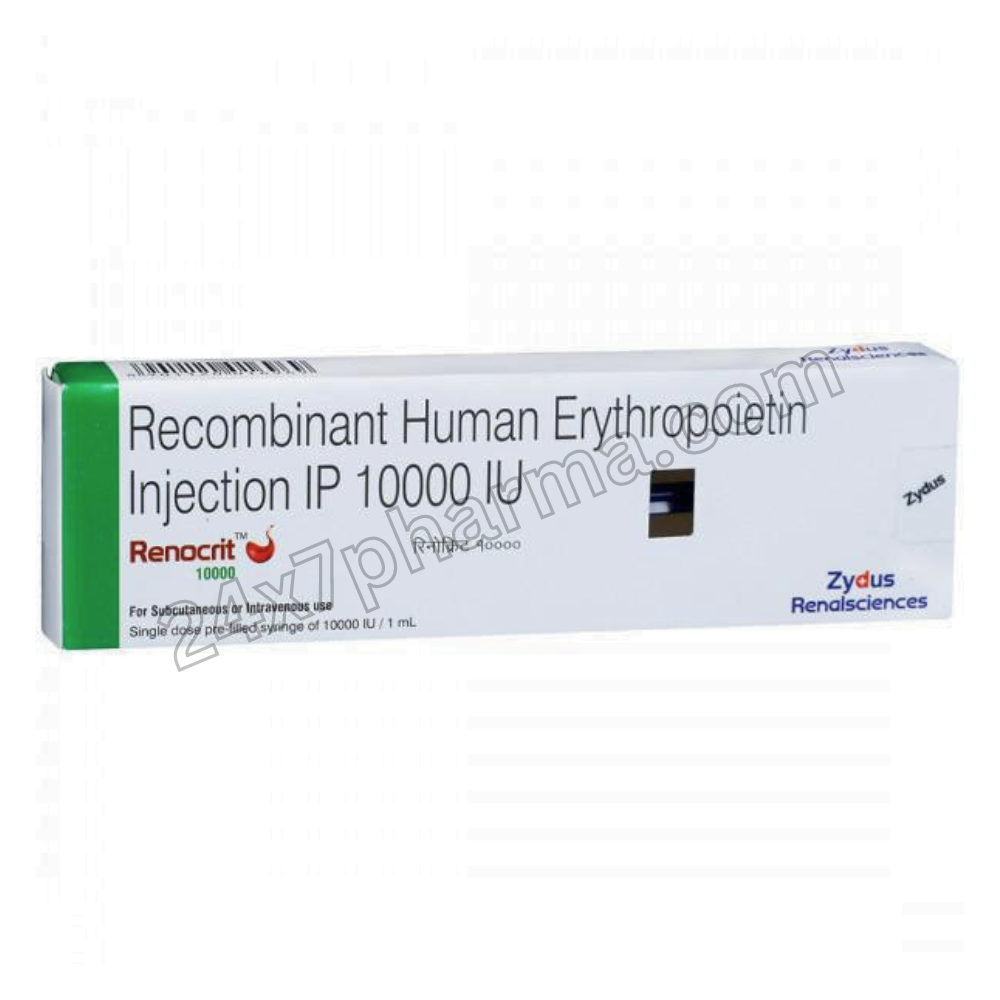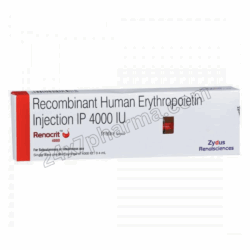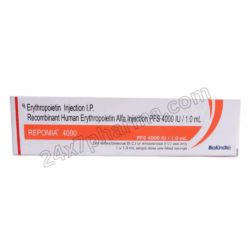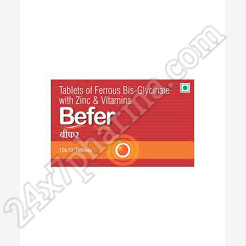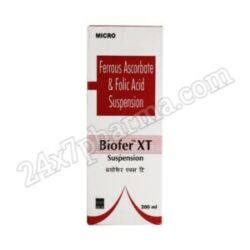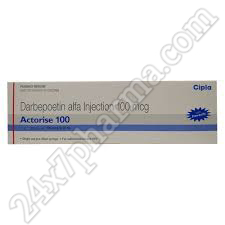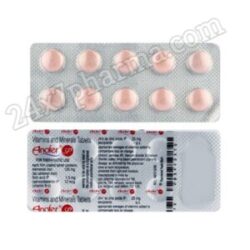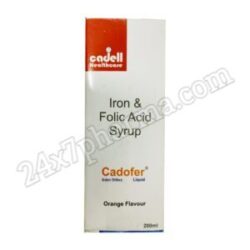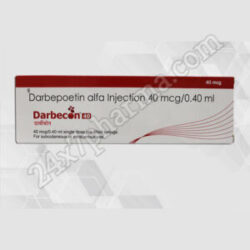Renocrit 10000 IU Injection, also known as an erythropoietin injection, is a widely used pharmaceutical solution designed to stimulate the production of red blood cells (RBCs). This injection is primarily prescribed to treat anemia associated with chronic kidney disease (CKD) or certain cancer treatments. With its potent action, Renocrit 10000 injection offers a reliable remedy to improve hemoglobin levels and reduce the need for blood transfusions.
How Does Renocrit 10000 IU Injection Work?
Renocrit 10000 IU Injection contains erythropoietin, a glycoprotein hormone that mimics the natural hormone produced by the kidneys. It works by stimulating the bone marrow to produce greater crimson blood cells. This process is vital for individuals experiencing anemia due to insufficient erythropoietin production, commonly seen in CKD patients or those undergoing chemotherapy.
When administered correctly, the injection boosts oxygen-carrying capacity in the blood, alleviating symptoms like fatigue, weakness, and shortness of breath. Many patients document enormous development in their nice of existence after beginning this remedy.
How to Use Renocrit 10000 IU Injection
Administration: Renocrit 10000 IU Injection is typically given as a subcutaneous (under the skin) or intravenous (into a vein) injection. It should always be administered under the supervision of a healthcare professional.
Dosage: The dosage varies depending on the patient’s condition, weight, and hemoglobin levels. Your physician will determine the best dose and time table.
This medication is also available in additional strengths to cater to varying therapeutic needs.
Storage: Proper storage is crucial for maintaining the efficacy of this injection. Always store Renocrit 10000 erythropoietin injection in a refrigerator at 2°C to 8°C and avoid freezing. Before use, allow the injection to reach room temperature for optimal performance.
Renocrit 10000 Erythropoietin Injection Side Effects
Like any medication, Renocrit 10000 erythropoietin injection may cause side effects. While maximum side effects are mild and potential, some can also require medical interest.
Common Side Effects:
- Headache
- Nausea
- Fatigue
- Injection site reactions (redness, swelling, or pain)
Serious Side Effects:
- High blood pressure (hypertension)
- Blood clots
- Seizures
- Increased risk of cardiovascular complications
If you revel in intense side results, seek advice from your medical doctor immediately. Patients using this injection should have their hemoglobin levels and blood pressure monitored regularly.
Warnings and Precautions
Before using Renocrit 10000 erythropoietin injection, consider the following precautions:
- Medical History: Inform your doctor about any history of heart disease, high blood pressure, or clotting disorders.
- Pregnancy and Breastfeeding: Pregnant or breastfeeding women should use this injection only if prescribed by a doctor, as the effects on unborn or nursing infants are not fully understood.
- Iron Levels: Adequate iron levels are essential for the injection to work effectively. Your doctor may recommend iron supplements alongside this treatment.
- Allergic Reactions: Avoid using this injection if you are allergic to erythropoietin or any of its components.
- Overuse Risks: Overusing erythropoietin injections may lead to dangerously high hemoglobin levels, increasing the risk of heart attack, stroke, or other complications.
FAQs About Renocrit 10000 Erythropoietin Injection
Q1. What is the price of Renocrit 10000 injection?
Ans: The Renocrit 10000 injection price may vary depending on the supplier, location, and pharmacy. You can consult your local pharmacy or online platforms to compare prices and buy erythropoietin injection safely.
Q2. What are the uses of Renocrit 10000 injection?
Ans: The primary Renocrit 10000 injection uses include treating anemia caused by chronic kidney disease, chemotherapy, or other medical conditions leading to low RBC production.
Q3. Can I store the injection at room temperature?
Ans: No, proper Renocrit 10000 erythropoietin injection storage requires refrigeration between 2°C to 8°C. Do not freeze the injection or expose it to direct sunlight.
Q4. How often should I take Renocrit 10000 IU Injection?
Ans: The frequency of injections will depend on your medical condition and response to treatment. Always follow your doctor’s instructions

